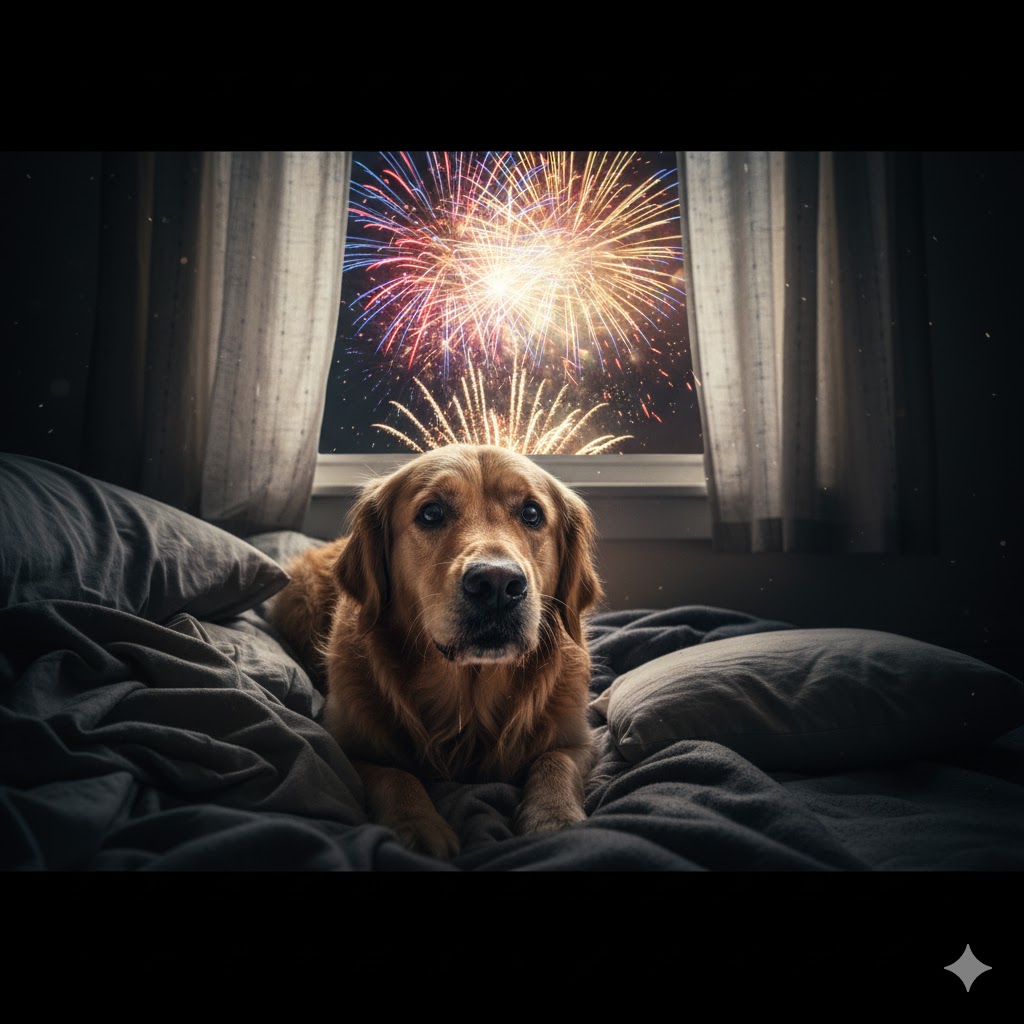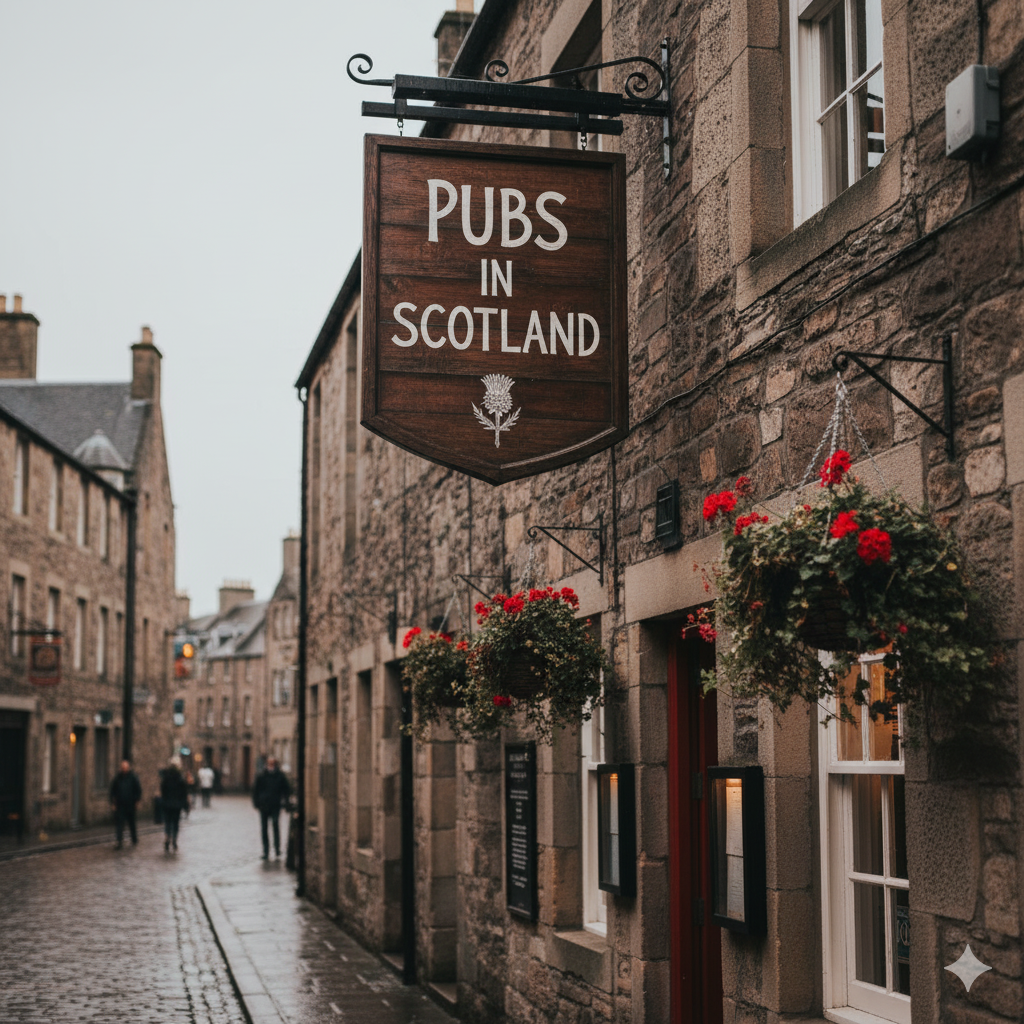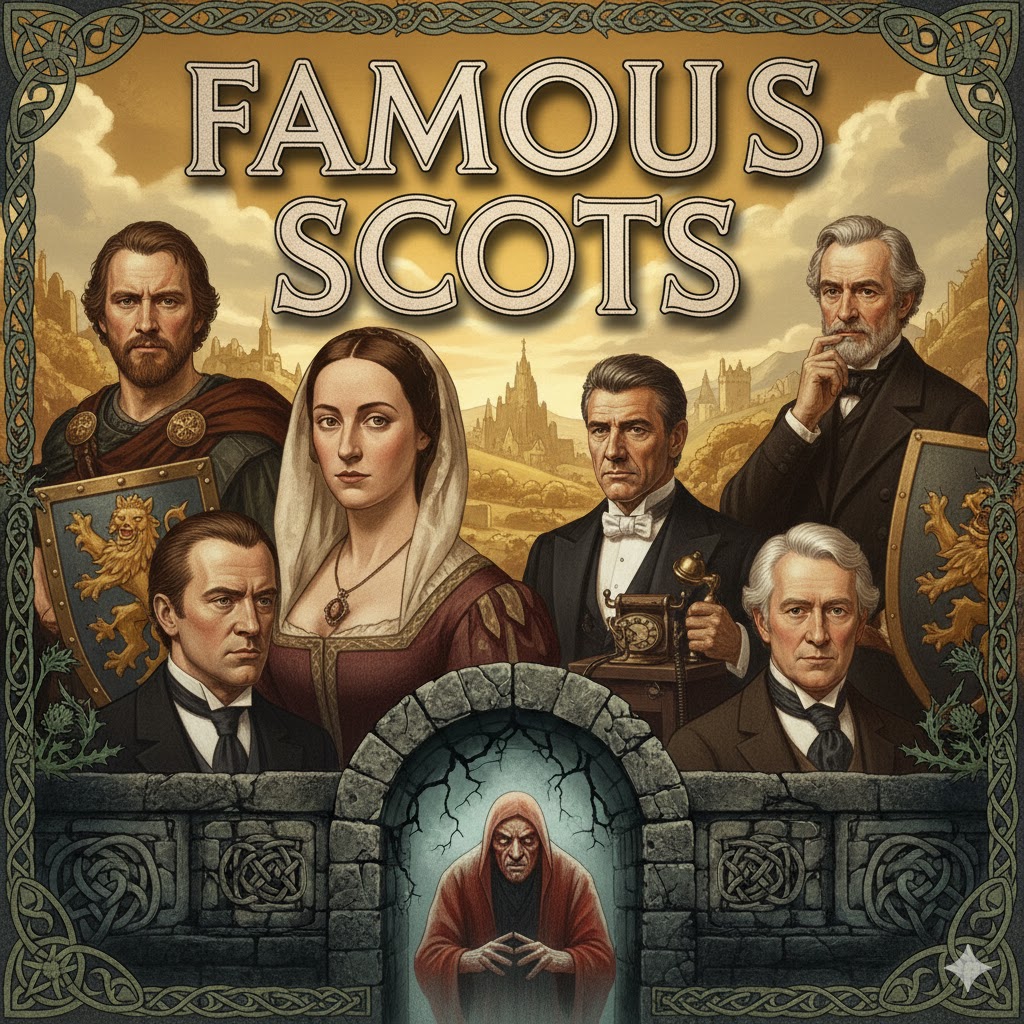I absolutely dread this time of the Year, why? because it’s the biggest nightmare for my dog, he is already of a nervous disposition, suffers from separation anxiety, he is even scared of thunder and cowers in corners to escape it. I have had him since he was a pup, he has not been abused, unloved, or purposely scared, it is just the way he is..
In the UK, people start setting off fireworks from the middle of October all the way to the end of November, it is relentless, I understand tradition and have no objection however for an animal its a nightmare not a pleasure.
So if you have a dog terrified of fireworks. or any other Animal please take special care and make them feel as comfy as possible and hope it is all over sooner than later.

Below is an explanation as to why dogs are so terrified of loud noise.
The loud, unpredictable nature of fireworks poses a significant problem for many dogs, often triggering an intense fear response known as noise phobia. The primary reason for this distress is a dog’s far superior sense of hearing; what sounds like a distant ‘pop’ to a human can register as a deafening, painful explosion to a dog, whose hearing range is much broader and more sensitive. The blasts are not only loud but also erratic, meaning the dog cannot predict where the next terrifying sound will come from, which severely activates their primal “fight or flight” response. Furthermore, unlike thunder, fireworks often occur closer to the ground and are accompanied by sudden, flashing lights and acrid smells, all of which contribute to an overwhelming sensory overload that the dog’s brain interprets as a dire, inescapable threat.
A dog reacting to fireworks may display a range of stress signals, from subtle body language to full-blown panic. Common signs of fear include trembling, excessive panting, drooling, cowering, and hiding in small, dark spaces like under furniture or in a wardrobe. In more extreme cases, an anxious dog may pace restlessly, bark or whine uncontrollably, or exhibit destructive behaviour such as chewing or scratching at doors and windows in a desperate attempt to escape the noise. Tragically, this strong impulse to flee is why firework nights see a spike in pets going missing, as a frightened dog will try to run away from the perceived danger, sometimes injuring themselves in the process.
To help a dog through this difficult time, owners are encouraged to prepare a safe haven well in advance—a cosy den in an interior room, away from windows, with blankets to muffle the sound. On the night itself, it is crucial to remain calm and avoid fussing excessively, as this can inadvertently reinforce the dog’s belief that there is something to fear. Closing curtains to block the flashing lights and playing soothing music or the television to mask the booms are also effective measures. For dogs with severe phobias, consulting a veterinarian for advice on medication or referral to a certified behaviourist for a desensitisation programme is often the best course of action to ensure their long-term welfare.
Discover more from WILLIAMS WRITINGS
Subscribe to get the latest posts sent to your email.






What kind of trandition is this, William? We also have serious problems here in Greece with this matter. Everyone with no control can use them.
I realise your problem, Our dog has about the same problem and fear, my friend.
its a Tradition John every year is the same, they are going off as we speak, and my dog is clinging to me lol, its Guy Fawkes Night..